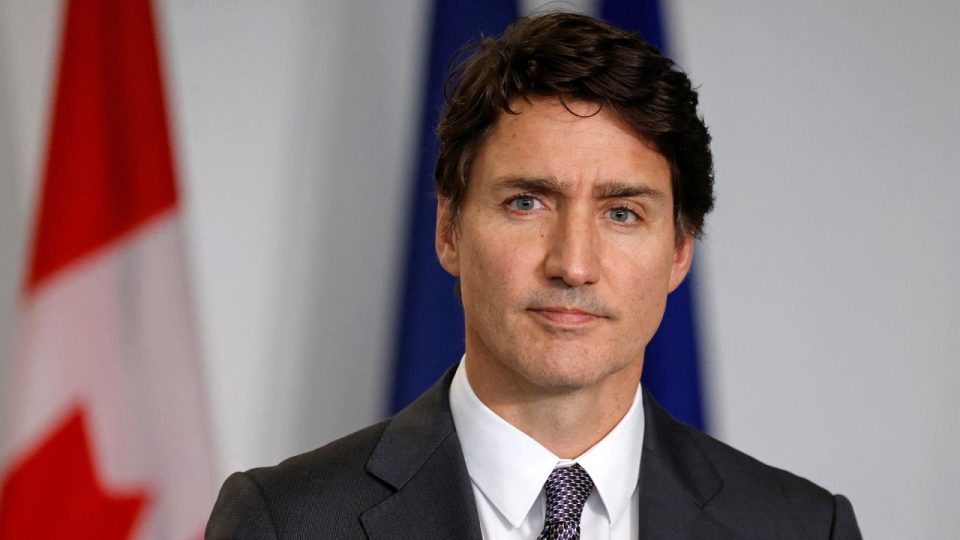Canadian Prime Minister Justin Trudeau has officially announced his intention to resign as leader of the Liberal Party and as Prime Minister. This decision marks a significant shift in Canadian politics, coming after nearly a decade in office and amidst growing pressure from within his party and declining public support.
Trudeau’s resignation follows a tumultuous period for his administration, highlighted by the unexpected departure of his Deputy Prime Minister Chrystia Freeland in mid-December. Freeland’s resignation, which occurred just hours before she was set to present an important economic report, underscored deepening divisions within the government regarding how to handle potential tariffs proposed by U.S. President Donald Trump. In her resignation letter, Freeland criticized Trudeau’s approach, calling the looming tariffs a “grave challenge” for Canada.
As Trudeau prepares to step down, he faces mounting discontent among Liberal MPs. Reports indicate that a majority of caucus members from Ontario, Atlantic Canada, Quebec, and British Columbia have expressed their desire for him to resign. A national caucus meeting is scheduled for Wednesday, where Trudeau is expected to confront calls for his departure.
Trudeau’s announcement comes at a critical juncture as Canada approaches a general election scheduled for October 2025. Polls indicate that the Liberal Party is trailing significantly behind the opposition Conservative Party, led by Pierre Poilievre. Many analysts believe that Trudeau’s resignation may be seen as a pre-emptive move to avoid being ousted amid poor polling numbers.
According to the Liberal Party’s constitution, once a leader resigns, the national board must convene within 27 days to establish rules for a leadership contest. An interim leader may be appointed during this transition period. Speculation about potential successors is already underway, with names like Freeland and other prominent party figures being discussed as potential candidates to lead the party into the upcoming election.
Having led the Liberal Party since 2013 and served as Prime Minister since 2015, Trudeau’s tenure has been marked by several achievements and challenges. Initially celebrated for restoring a liberal agenda after ten years of Conservative rule, his popularity has waned in recent years due to various issues including rising living costs and immigration concerns.
In his resignation announcement from Rideau Cottage in Ottawa, Trudeau stated, “I intend to resign as party leader and prime minister after the party selects its next leader through a robust, nationwide, competitive process.” He emphasized his dedication to serving Canadians throughout his time in office.
As Canada stands on the brink of a new political era, Trudeau’s resignation could reshape the landscape of Canadian politics and influence the direction of future governance.

